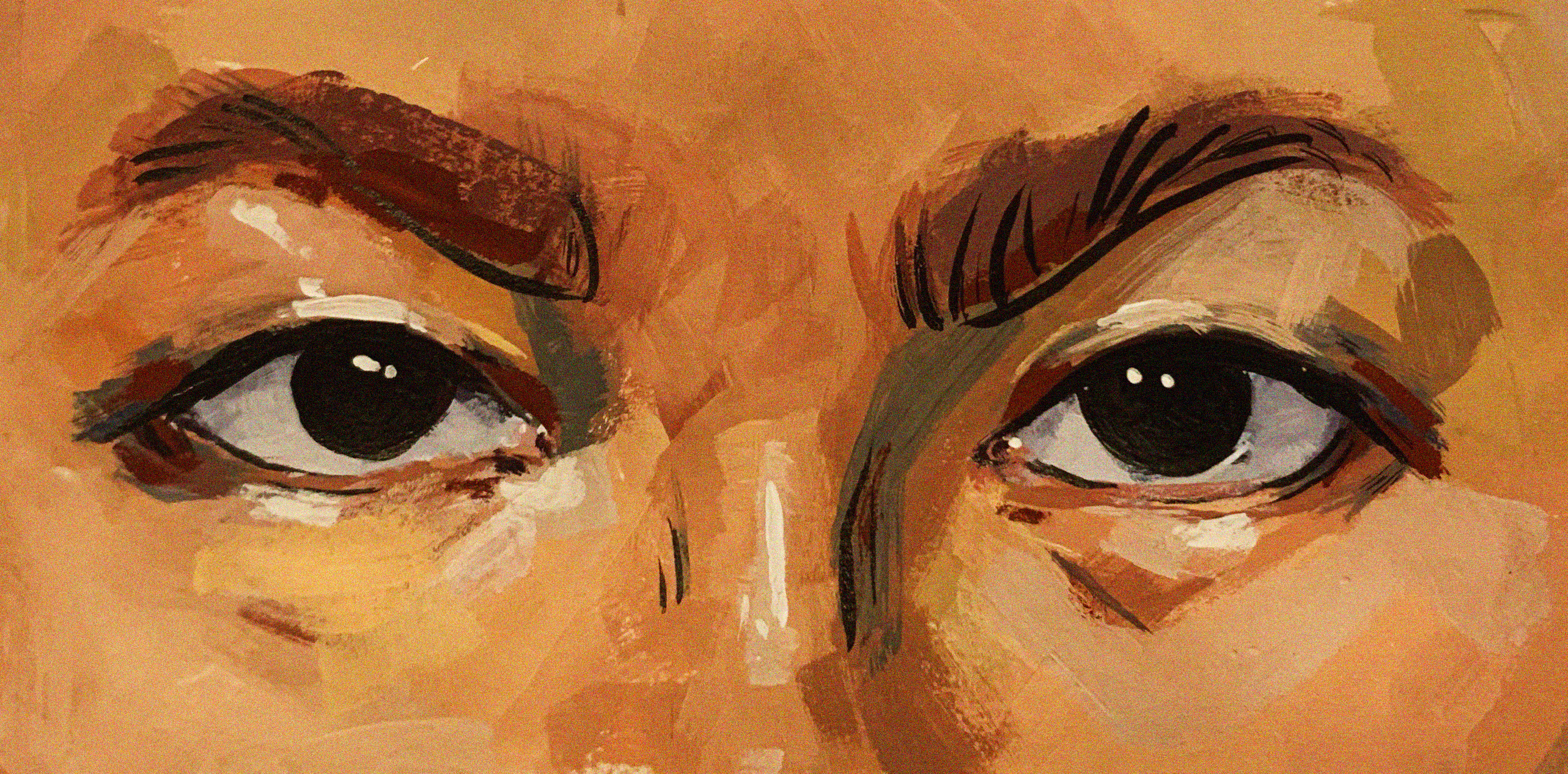Students and faculty at The New School are upset and outraged over the rising violence against people of Asian descent.
Christine Ro, a literary studies major at Lang, said the wave of violence makes her worried when she goes out. “[It’s] like ‘Oh, I’m Asian’, and people are gonna look at me. They might look at me and see a reason to act out,” Ro said.
In the past year, people of Asian descent have been victims of several violent attacks in cities across the country, including New York, San Francisco, and Atlanta, where a white man shot and killed eight people, six of them Asian women, in a spa.
In February 2020, a New School student of Asian descent was attacked outside the campus. New School officials at the time said that the student’s attacker “disparaged her Asian identity and referenced coronavirus.”
New School President Dwight McBride and Interim Provost Stephanie Browner addressed the recent wave of attacks in an email on March 2, telling students that “we recognize the stress, fear, and anguish that these attacks have caused the Asian and Asian American community and we proclaim that The New School community stands in solidarity.”
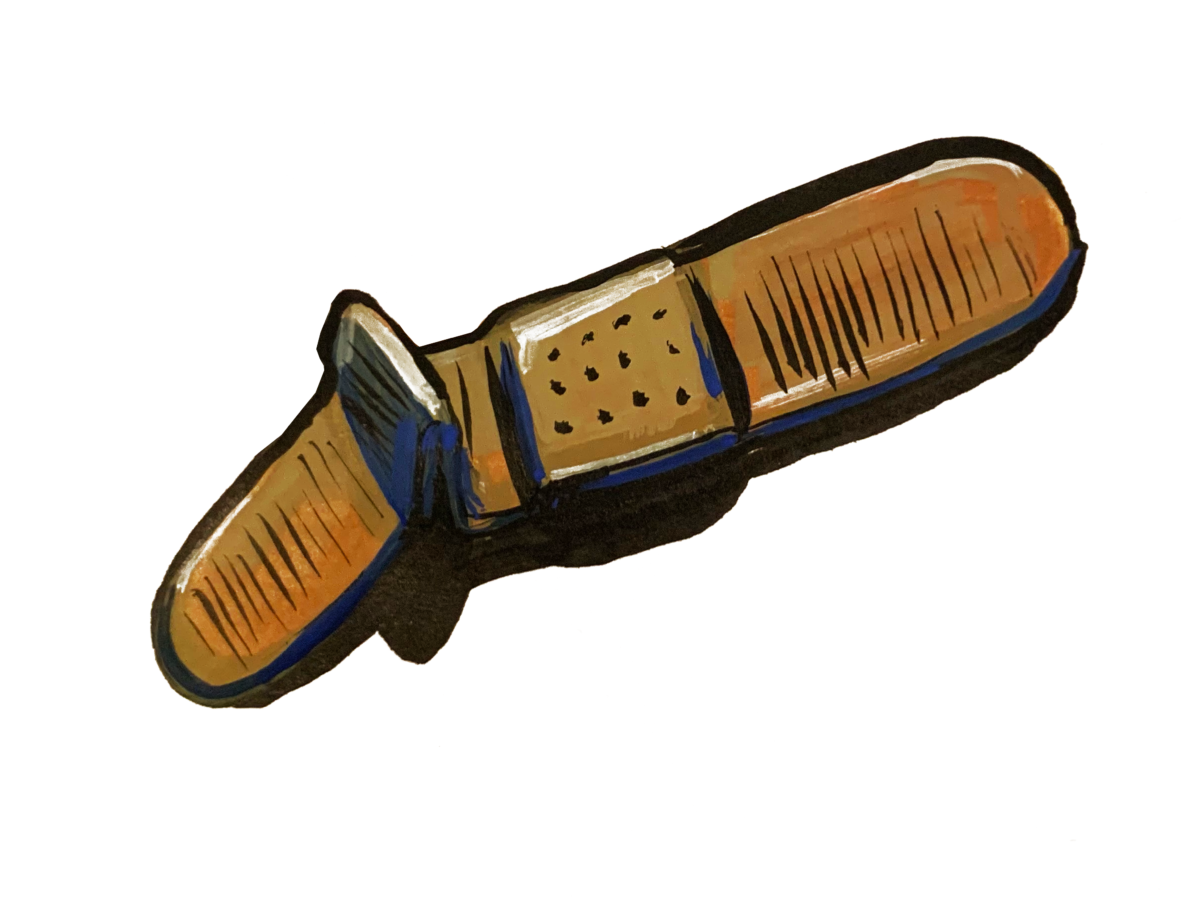
But students say they are still worried. Ro said the email felt like a band-aid, saying: “It was basically like, ‘we want you to feel safe’. [But] I was like well what are you gonna do about it?”
“I feel very dismissive about [the email] because I don’t know the true intention [behind] it,” added Kristi Yang, a third-year student at Parsons.
Dr. Lei Ping, a Professor of China Studies and Co-Chair of the faculty council at the School of Public Engagement, agreed with the students, adding “personally, I would say it’s a little late in the game,” and that, “we could have seen this coming, some time last year.”
Some students say they have felt uncomfortable to have a conversation about the issue. During the Black Lives Movement protests that took to the streets last year, Yang said she expressed her allyship through social media activism where she posted “a hundred things about it” on her Snapchat and Instagram stories. However, when it comes to the recent incidents involving the Asian community, she’s hesitant about speaking up.
“I just feel weird about posting to support a group I identify with,” Yang said. “It was almost most comfortable being an ally.”
Not everyone in the Asian and Asian American community feels the same way. Yuda Li, an international student from China and a first-year student at Parsons, has been very vocal about Asian hate crimes on social media. In his Instagram stories, he has shared his reactions and opinions to raise awareness. “I feel like it is my responsibility, the Asian community’s responsibility, to stand up against the anti-Asian hate crimes we are currently facing,” Li wrote to The New School Free Press via Instagram direct message. “As for right now, this [Instagram activism] is probably the best way for me personally to be involved in this topic since I’m currently living in [a] suburban area in Virginia, [where] there [are] no rallies nor protests to participate in.”
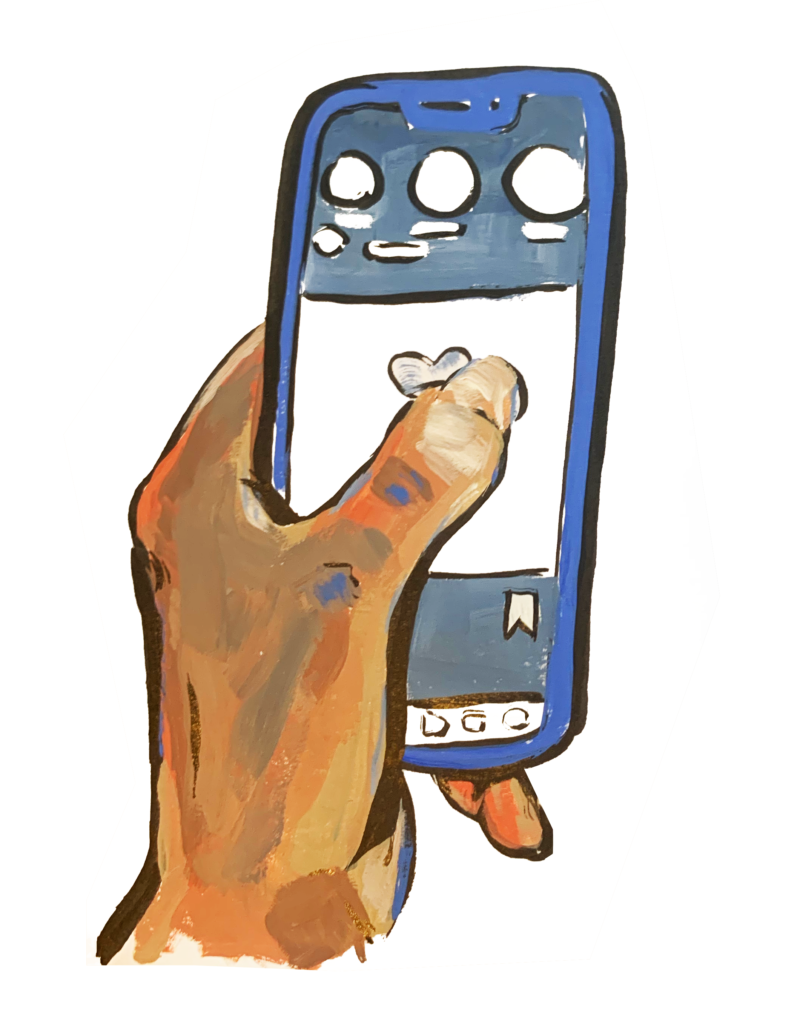
While concern about these attacks has been growing for over a year within Asian and Asian American communities, it wasn’t until the March 16 Atlanta spa shootings that these crimes against people of Asian descent began to be widely recognized and spoken about. Police said that the alleged shooter, 21-year-old Robert Aaron Long claimed that race was not the motivation for the shootings, instead blaming his “sex addiction,” USAToday reported, but this has claim has been criticized as dubious by activists and community members.
In New York, 52-year-old Leelee Ching-Yeung was knocked unconscious in February when a man assaulted her outside a bakery in Flushing, Queens. Security footage shows the alleged attacker Patrick Mateo, 47, throwing a box of spoons at Ching-Yeung before violently shoving her to the ground. Although Mateo was not charged with a hate crime, Ching-Yeung’s daughter claimed racial slurs were yelled out by the suspect leading up to the incident, which gained national attention after actress Olivia Munn tweeted about it.
From a homeless man who was robbed in San Francisco to, an 84-year-old man who was killed after being violently shoved in the same city, to a brutal box-cutter attack on a Filipino-American man in the New York City subway, incidents against Asian-Americans continue to rise. According to a 2020 study by the Center of Hate and Extremism, major cities across the U.S. saw a 149% surge in the number of hate crimes against people of Asian descent. Elderly Asians are especially vulnerable, as they are 13.5% more likely to be physically assaulted than younger people of Asian descent, as stated in data released in February by Stop AAPI Hate.
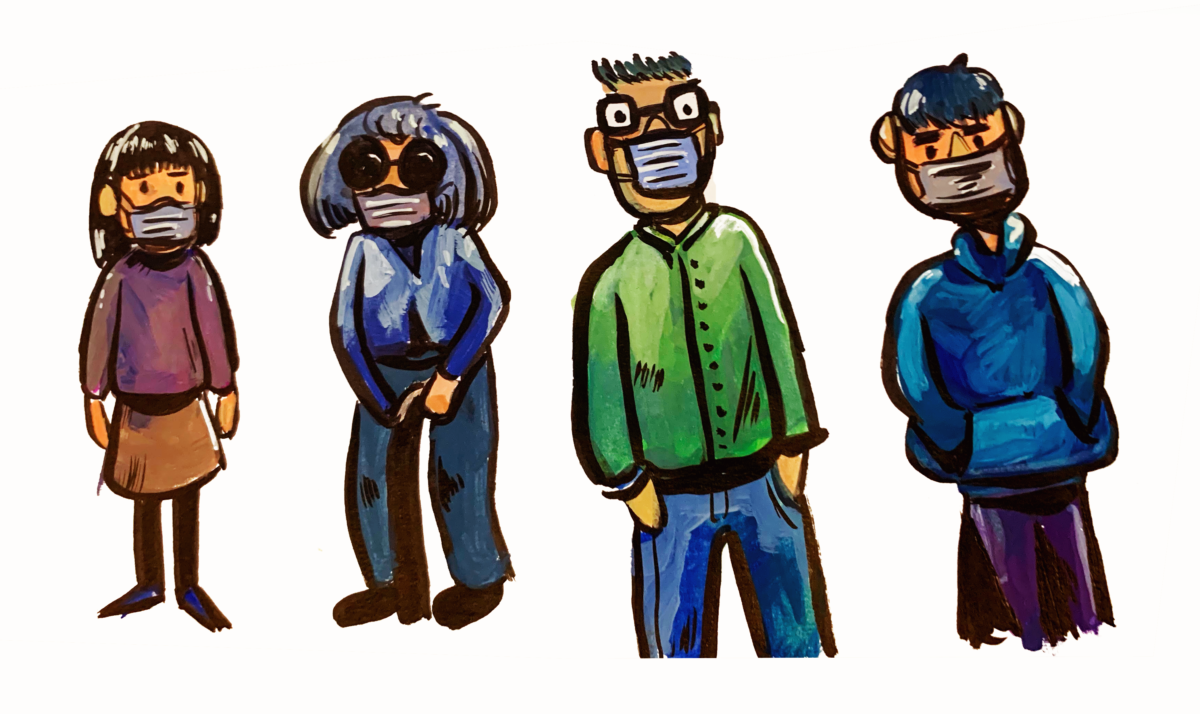
Safewalks, a New York City based initiative that formed after a woman was attacked in a Brooklyn subway station and that provides people with walking buddies around the city for safety, organized a solidarity march through Manhattan on Saturday, CBS reported. The Washington Post reported nationwide protests condemning the attacks against the Asian community in the days after the Atlanta shooting, with people holding signs that read “#StopAsianHate” and “Hate is a Virus.”
The New School released another statement that condemned the Atlanta shooting and showed support to the Asian and Asian-American students. The email, that was sent on March 23, stated “At The New School, we strongly condemn this behavior and are deeply committed to ensuring an academic environment in which every member of our community feels safe, heard, and respected. Anti-Asian rhetoric and violence will not be tolerated and all of us must do our part to help ensure our campus remains a healthy and safe place to learn and work.” The email then lists resources from the New School, including how to report an incident, Campus Safety, and Student Support and Advocacy.
Professor Ping said that one of the factors that may contribute to why the issue hasn’t been raised publicly in the past is that Asians are often stereotyped as a “model minority” – a myth that typecasts Asians (particularly East Asian) as quiet, studious, and straight-A students. Because of the status as foreign immigrants and the idea that Asian-Americans must “prove” their Americanness, this has resulted in overlooked and often forgotten racism and inequality, as explained by Viet Than Nguyen in his op-ed for TIME.
From former President Donald Trump’s spewing of slurs such as “China Virus” and “Kung Flu” to refer to COVID-19, Asian-Americans have also faced a history of being the scapegoat where this was used as justification of xenophobia. But because Asians are, as Yang had put it, the “silent population just lurking in the background, often forgotten,” it is difficult for the public to recognize the racism they face.
In early March, two events were hosted at The New School to provide a solidarity space for students in the Asian and Asian-American communities, where students can have a conversation and share their experiences. However, the turnout on both events were not very large.
As the violence has increased, New School students have expressed frustration with the lack of community and solidarity. “They never talk about what the Asian community’s feelings are, you know?” Li said.
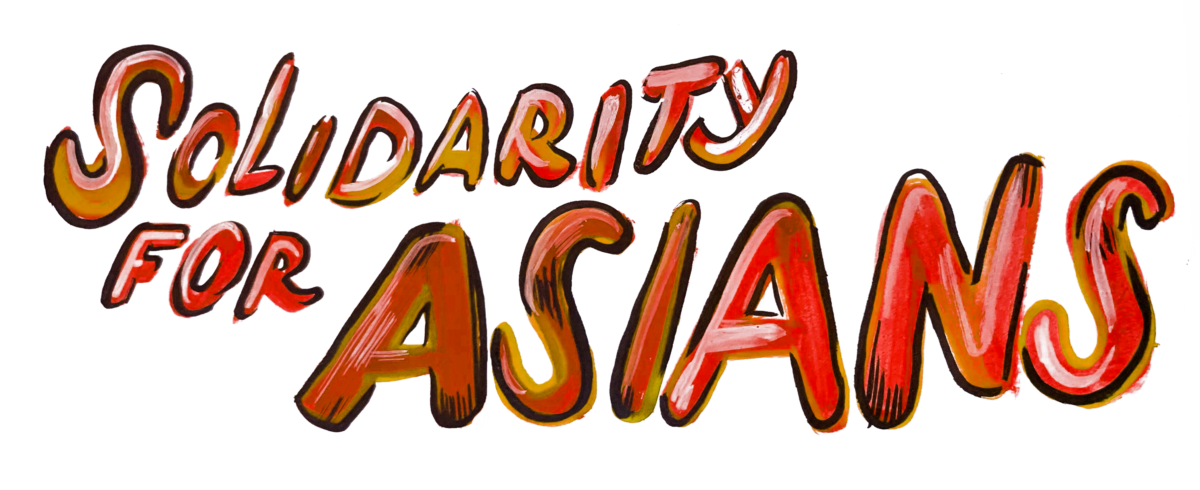
Resources:
- To see statistics, updates on the Asian community, places to donate and show your support: https://anti-asianviolenceresources.carrd.co/
- A free training course on bystander intervention: https://www.ihollaback.org/bystanderintervention/
- Report an incident: https://stopaapihate.org/ Report an incident through the school: https://www.newschool.edu/title-ix/report/
- Community processing sessions: Thursday March 25 7-8pm EST and Monday March 29 4-5pm EST.
- Student Health Services
- Student support and advocacy: studentsupport@newschool.edu
- International Student and Scholar Services (ISSS): iss@newschool.edu
- Campus safety number who are available 24/7 for emergencies: 212.229.7001
- Residence Hall staff: universityhousing@newschool.edu
All illustrations by Isabella Wang, a second-year Illustration student at Parsons. Check out her work in her portfolio.







